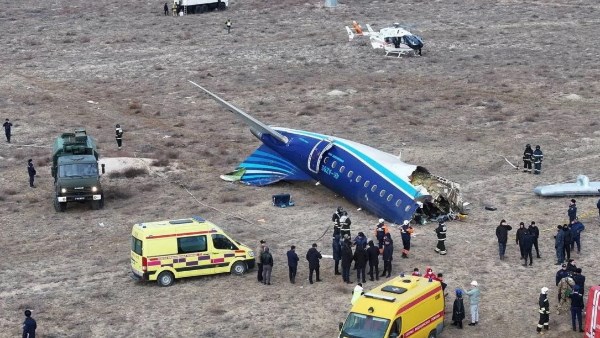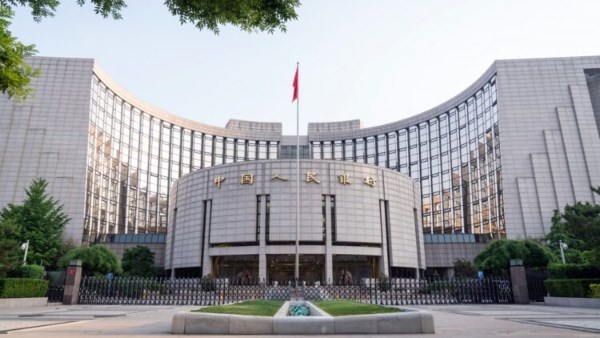Ukrainian refugees were the main driver of the sharp increase in the population in 2023
Swiss Population Jumps Most Since 1960s Amid Immigration Tension

Switzerland’s population rose the most in more than half a century، adding to a increasingly tense debate on whether the country should keep the doors open for immigrants.
The number of Swiss residents is close to 9 million، according to data from the Federal Statistical Office released on Wednesday. It increased by 146،900، or 1.7%، in 2023، the biggest percentage increase since the early 1960s، driven largely by refugees from Ukraine being reclassified after a year in the country.
The numbers are likely to amplify long-running tensions in the country over immigration and strains on public finances and services. Immigration played a role in elections last year، when the conservative Swiss People’s Party (SVP) cemented its position as the biggest party، and it’s a contentious issue in talks between Switzerland and the European Union on a new economic deal.
Angering Swiss businesses
This year، the SVP collected enough signatures to force a plebiscite on a proposal to put a 10-million limit on Switzerland’s population. The threshold is currently expected to be crossed around 2035.
Such positions have angered Swiss businesses، which say an aging population and the booming post-Covid economy led to a drastic shortage of workers، with about 111،000 job vacancies at the end of 2023. Shortages were particularly pronounced in the manufacturing and care sector.
Ukrainian refugees were the main driver of the sharp increase in the population in 2023، partly due to a change in categorization. Fleeing their country following Russia’s invasion in 2022، they arrived in Switzerland under a special protection status. They were only included in the permanent population statistics one year after arrival.
Of the arrivals in 2023، Germans were the second biggest group، accounting for 10% of immigrants، with French and Italians around 7.5%، the statistics office said.
In total، the number of non-citizens in Switzerland grew by 5.3%، and the number of Swiss citizens only edged up 0.4%.






















